Schisandra, schisandra chinensis, also known as Chinese Lemontree, is a plant originating from Asia that grows on the Korean Peninsula, North China, and in some parts of Russia.
All parts of schisandra /stem, flowers, leaves/ smell strongly of lemon. In Eastern medicine, Shizandra is one of the most valued plants. It is an ancient medicinal plant that is widely used as a tonic and stimulant.
Composition of schisandra
Schisandra has a unique chemical composition, which refers to all parts of the plant. It is not accidental that Schisandra is included in the list of the ten most valuable plants in the world. Fruits of the Schisandra are rich in organic acids - citric, succinic, tartaric, malic, etc..
The content of vitamin C is also very important, in the dried fruit, it reaches 360 mg. Fruits contain some bioflavonoids, sugars, saponins, pectin, coloring matter, tannin and essential oil.
Leaves and roots of schisandra are also very valuable. Besides the abovementioned ingredients, they comprise of salts, iron, manganese, calcium, phosphorus, nickel, cobalt and the like. Almost all Schisandra contain essential oil.
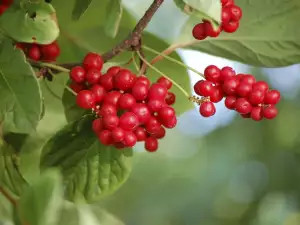
Chinese Lemon Tree - Schisandra
In long-term studies, it is found that the fruits of Shizandra contain specific compounds which are not enzymes, vitamins or mineral salts. Originally, they were called adaptogens and later lignans - vital substances that not only improve but also prolong life. Schisandrine is a major component of this group of compounds.
Growing Schisandra
Besides being recognized as a medical, Schisandra is an ornamental plant. It withstands frost and likes shadow, humus-rich, and moisture absorbing drained soil, but not being waterlogged. It is planted in autumn or early spring, before the buds swell. The planting should be 25-40" (60-100 cm) between plants. Planting depth is the same as in the nursery.
Schisandra reacts very well to fertilization with nitrogen, potassium and phosphorus. The first feeding is done in early spring, then during the formation of ovaries and finally in the fall, after harvest.
Annually, dry and weak branches should be cut and soil around the plant is loosened. Schisandra must be regularly watered. Fortunately, it is not attacked by pests and diseases, so it is not in need of sprays.
Benefits of Schisandra
Schisandra has a wide range of useful actions, but it most valuable is the natural adaptogen and stimulates the central nervous system.
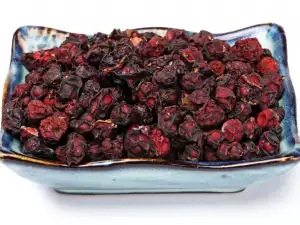
Preparations that are available in stores eliminate sleepiness and fatigue, help with depression and bad moods, improve performance, activate the activity of brain cells, improve cognition and memory. Refreshing and stimulating actions of Schisandra are particularly pronounced in intense mental work.
The positive effect of Schisandra on the heart and cardiovascular system, the composition of the blood and the metabolism has been shown. It has a protective effect on tissues of the heart. Patients with asthma respond well to Schisandra preparations.
The herb has a stimulating effect on the immune system, providing resistance to the damage various diseases cause. Builds up high tolerance to physical and psychological stress, as well as the impact of weak poisons in the body. Inhibits the processes of obesity.
Prevents complications of diabetes mellitus and may help treat milder forms. Counteracts the damage occurring as a result of abuse of alcohol, coffee and sugar. Schisandra maintains your power during prolonged and heavy loading, acting indirectly on the whole body.
Of particular interest is the ability of the fruit to enhance the sensitivity of central and peripheral vision to accelerate the habituation of the eyes to darkness and help people with myopia.
The fruits of Schisandra are recommended for prevention of visual fatigue due to prolonged computer work. Chinese Lemon tree increases the body's resistance to oxygen starvation, which makes it indispensable in terms of reduced atmospheric pressure.
Schisandra helps improve overall brain activity, digestion and your sex life. The fruits are used in the treatment of ulcers and wounds that do not clot easily. The herb acts indirectly on the whole body, helping to mobilize its forces and to cope with various disabilities.
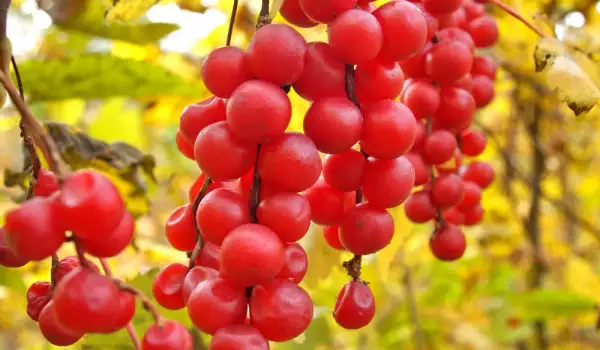

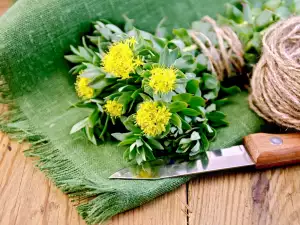
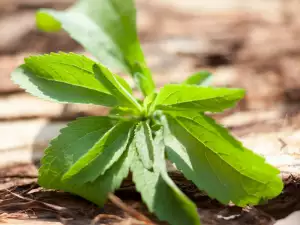
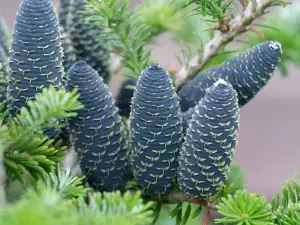
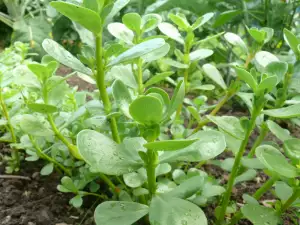
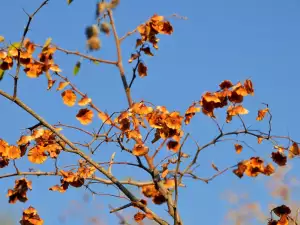

Comments